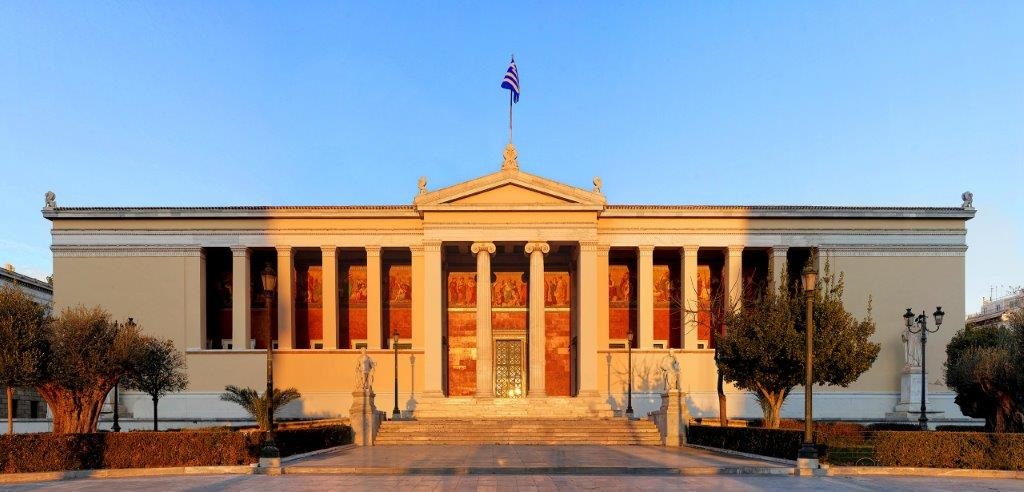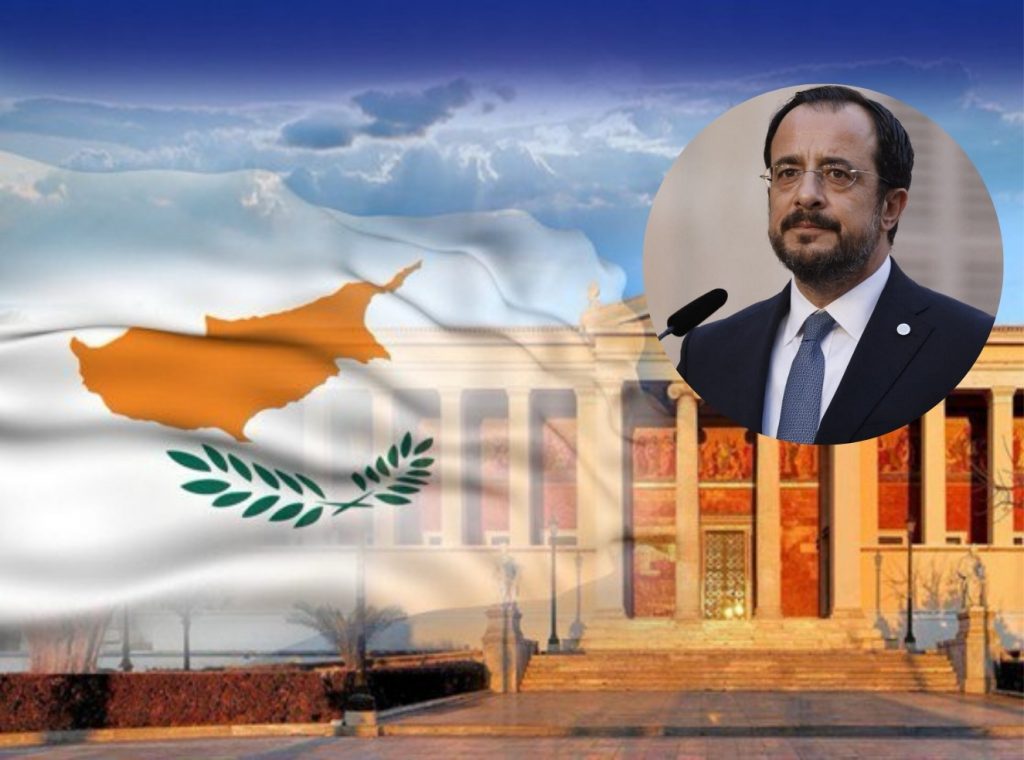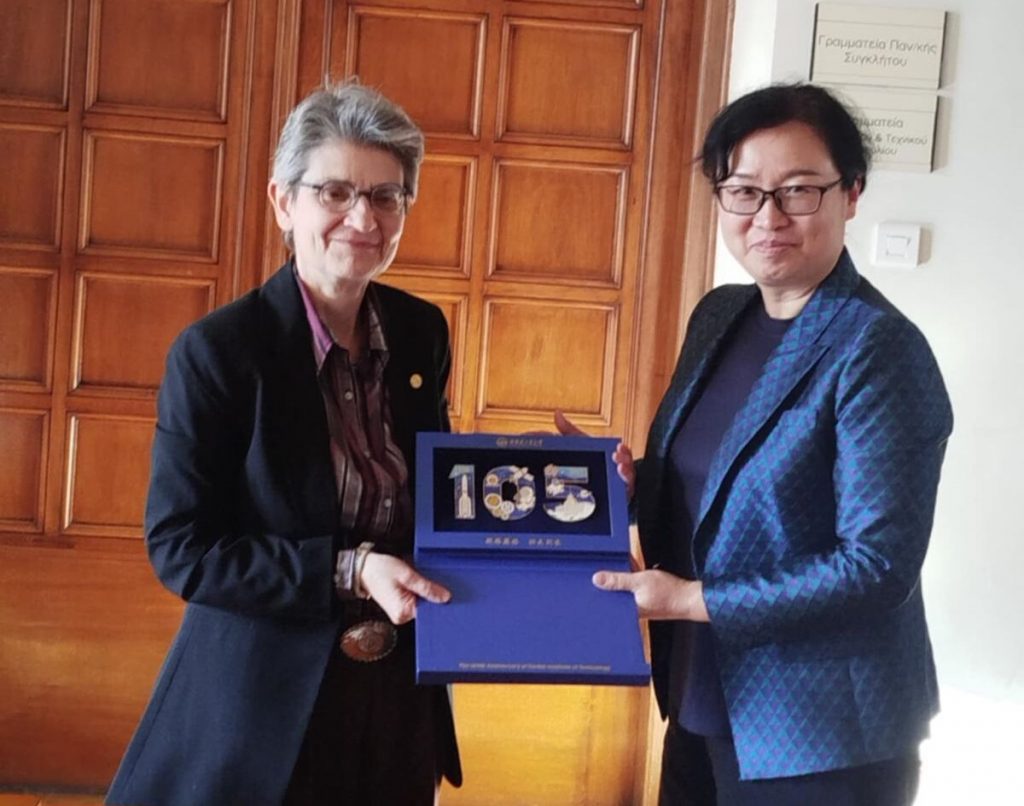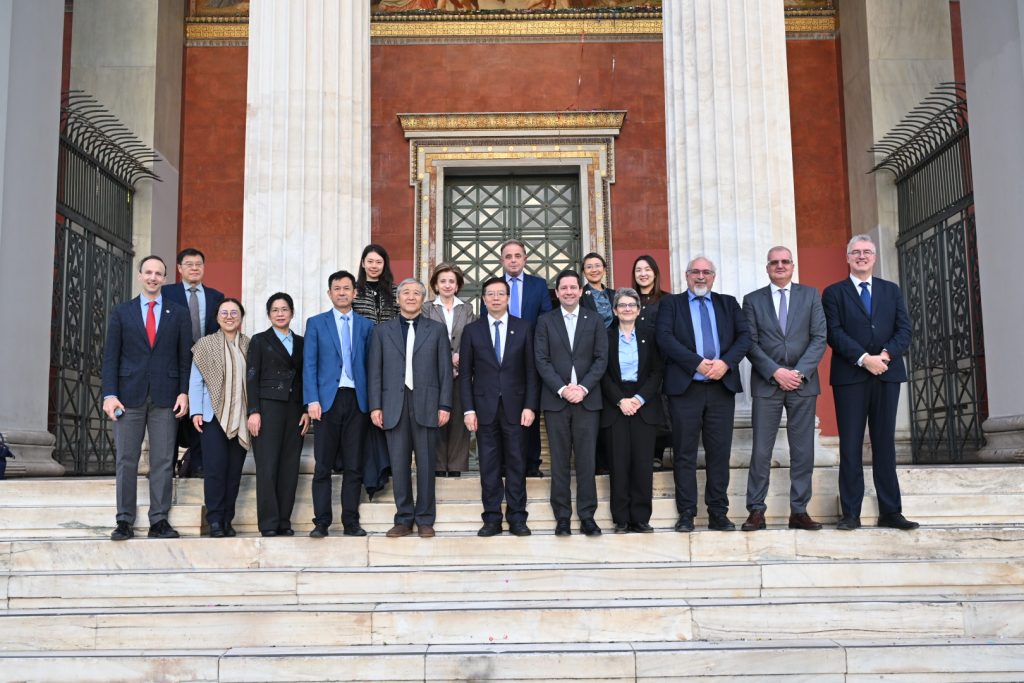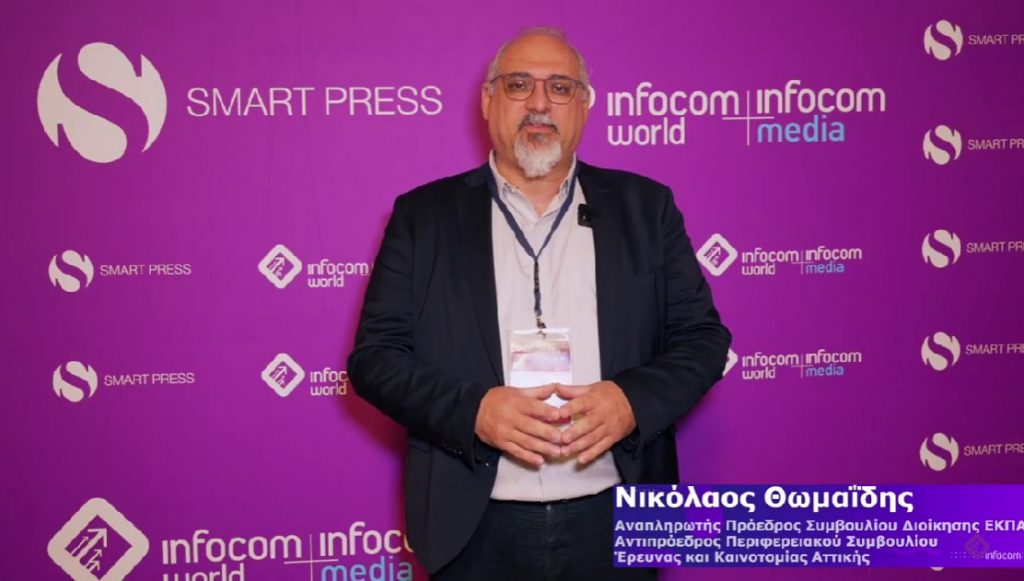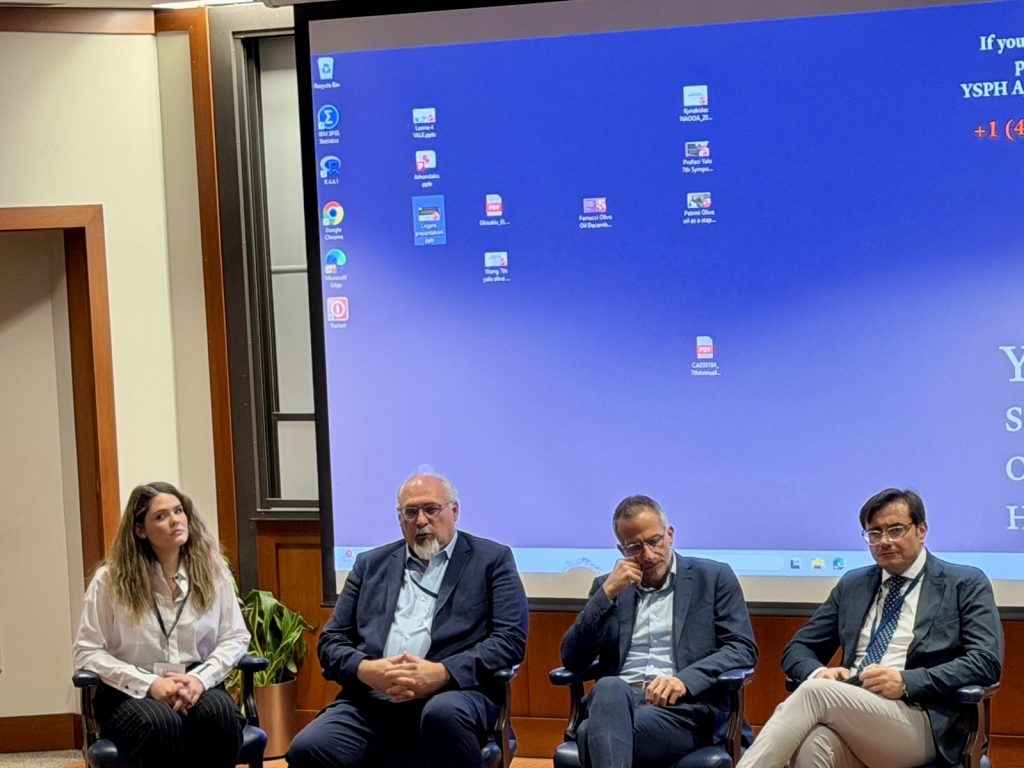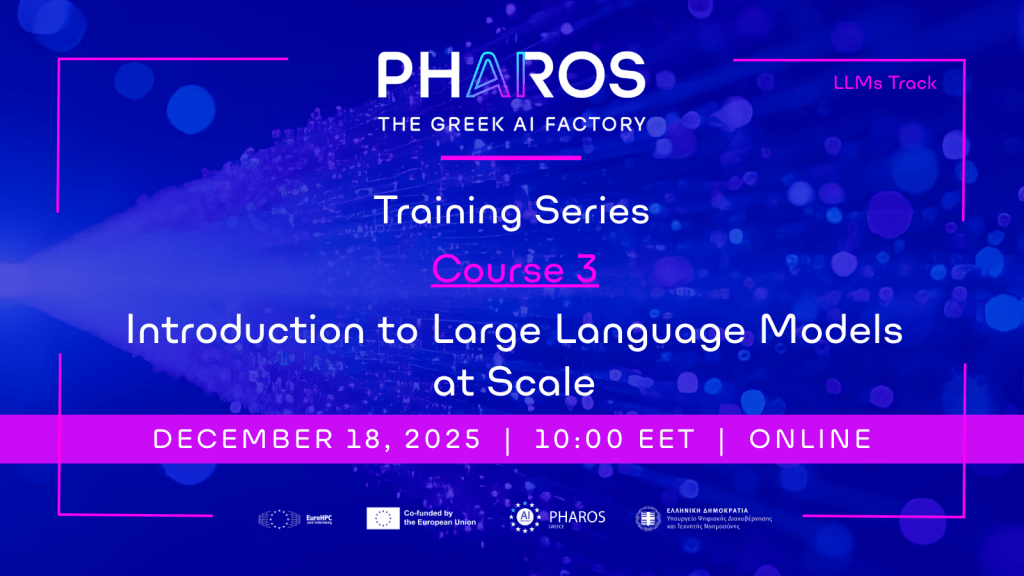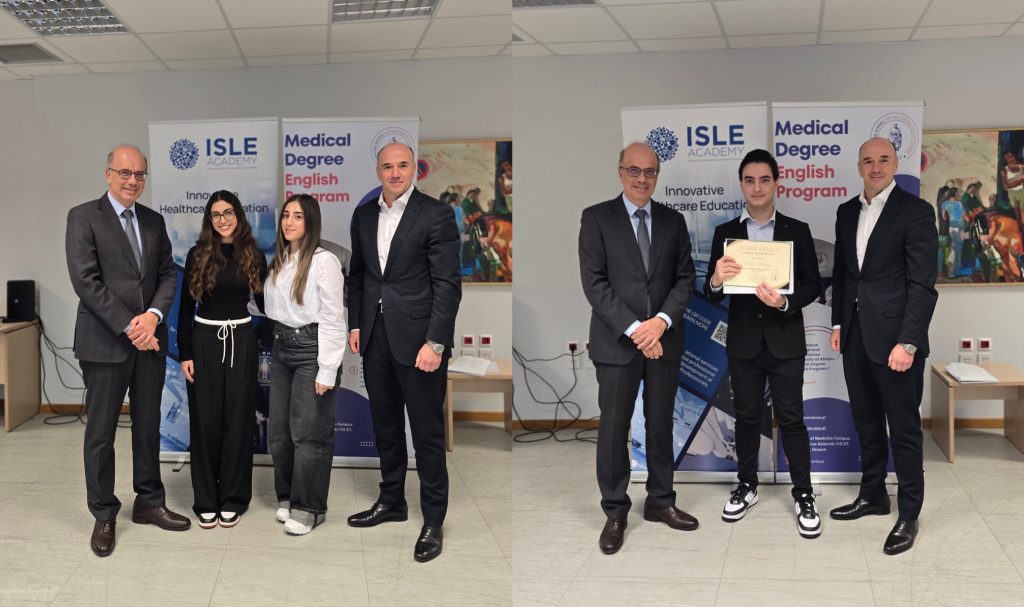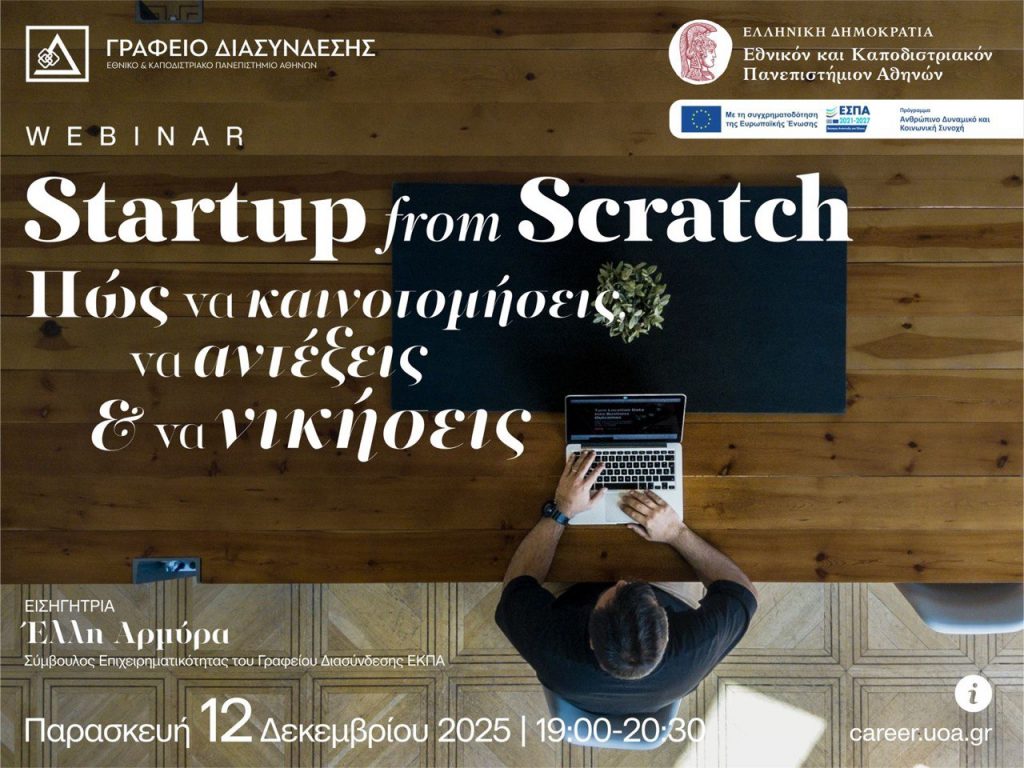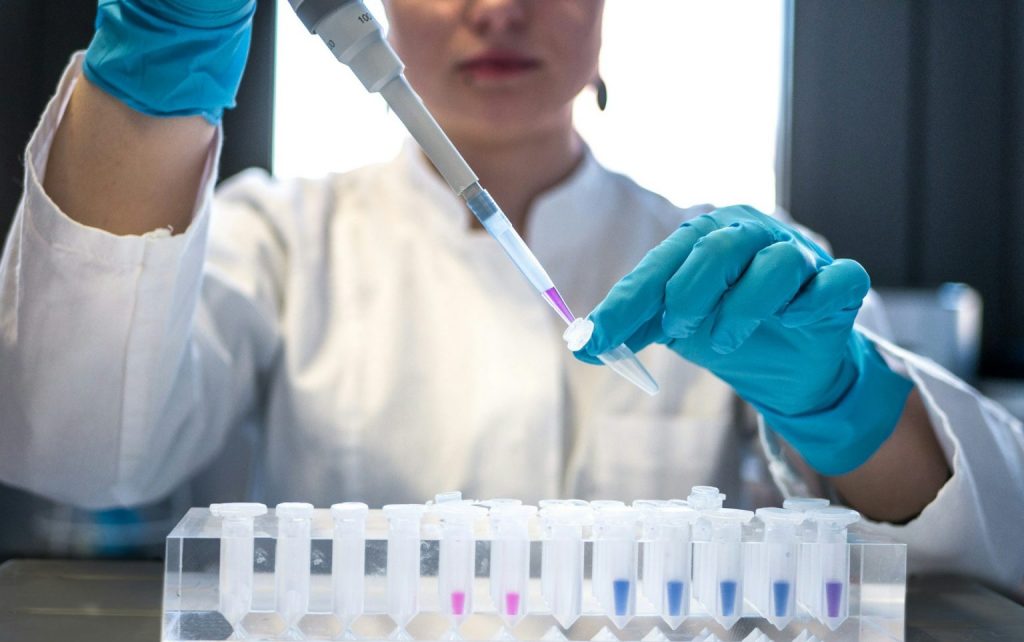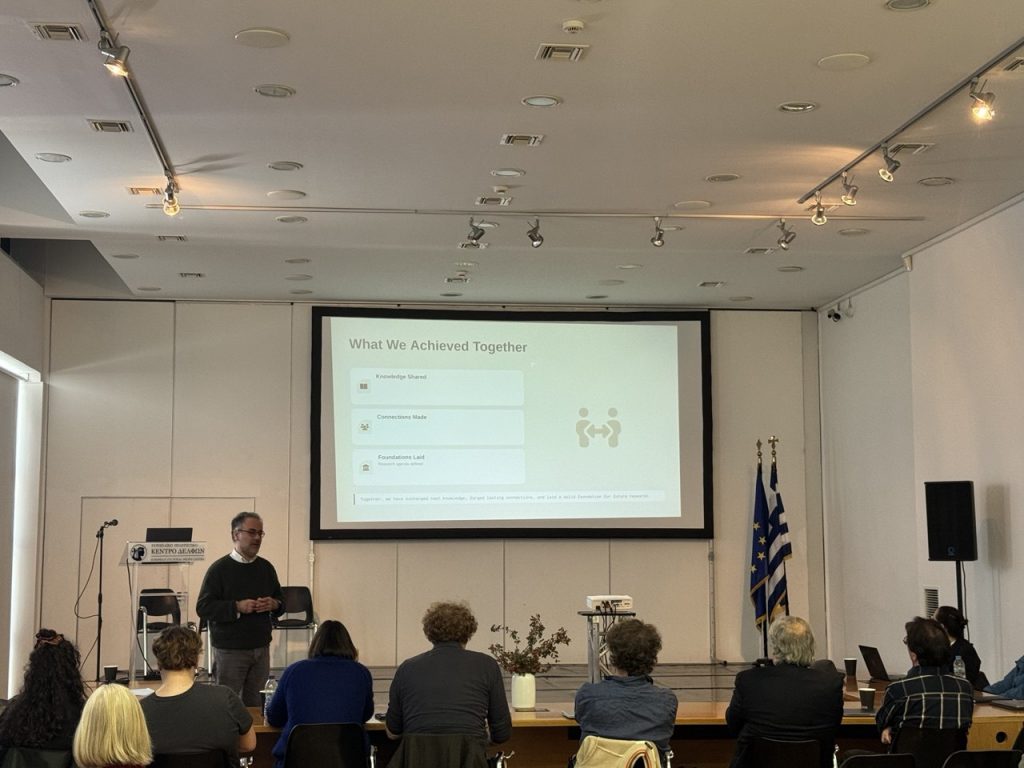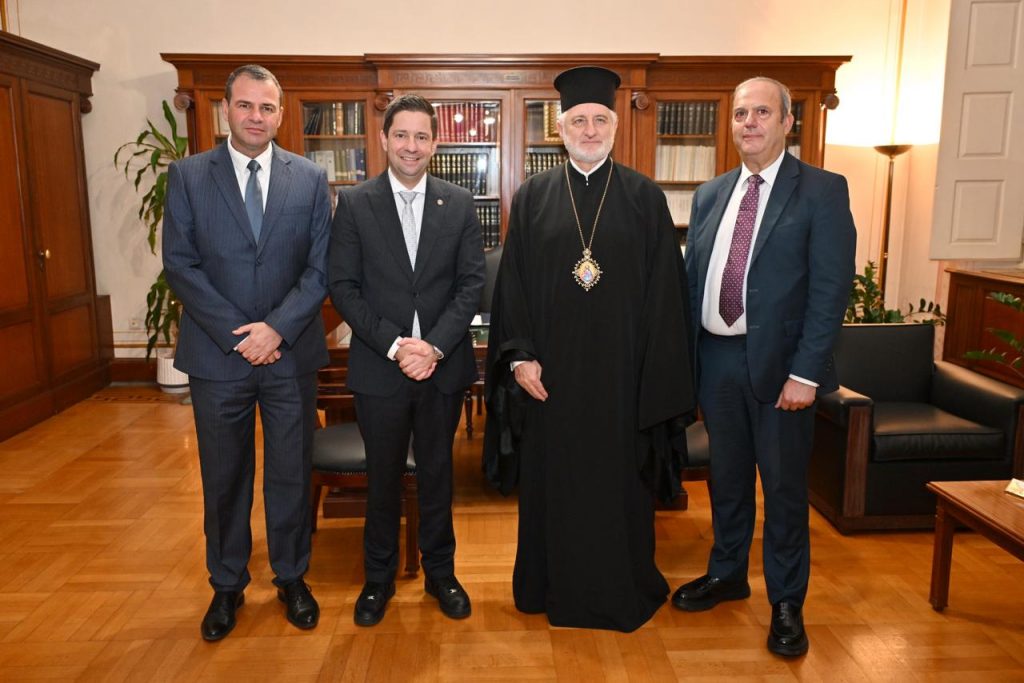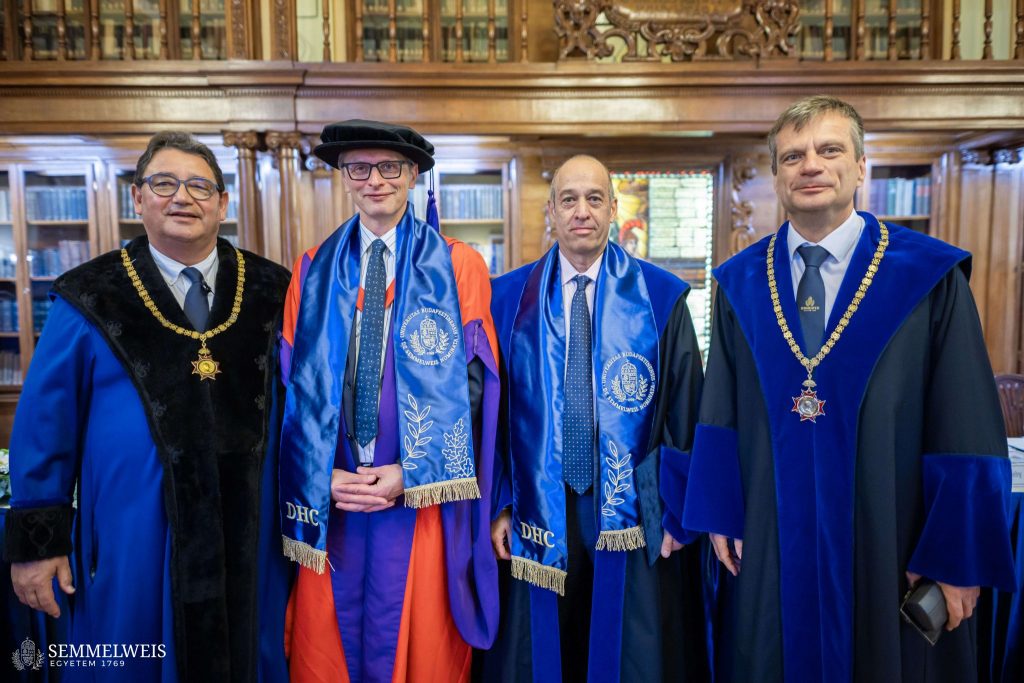Where to find a better concept of learning city than Athens? Since 1987, year by year hundreds of Hellenic-culture lovers gather from all over the globe „to learn and learn from scholars” (K. Kavafis: Ithaka, 1911). Intergenerational and intercultural dialogues are promoted through the 6-week-long Athens-based course based on the principles of the long-lived notion of ‘ακαδημία’, ‘academy’, the ancient institution which has always been a learning city itself.
The National and Kapodistrian University of Athens has been hosting the programme with the experienced assitance of Maria Xantsisalata, head of secretariat.
Be a ‘philellines’!
The six-week Summer Course in Modern Greek Studies (Θ.Υ.Ε.Σ.Π.Α., THYESPA) programme of the Modern Greek Language Training Center at the National and Kapodistrian University of Athens is one of the most visited since its foundation. As an identity creator it attracts more and more ‘φιλέλληνες’, i.e. friends of Hellas to celebrate the ancient, the Byzantine, and the Modern Greek culture that have been shaping, rejuvenating and reexploring our European identity from decade to decade. As a committed lifelong learning mission, THYESPA for more than three decades has been creating “Hellenic ambassadors all over the world”.
Open learning spaces for all generations
Being devoted to familiarize foreign Hellenists with Modern Greek Language and Culture, Literature, History and Art, it targets undergraduates or graduate students and members of the teaching staff of the departments of foreign universities in which they are taught cognitive subjects related to Greek studies, yet as an inclusive ‘univer-city’, accepts other professionals and Hellas-lovers from all over the world from the age 18 with no age limit.
This program is the largest in terms of duration of study and number of participants, which is organized in Greece. Reinforced by the Ministry National Education and Religious Affairs, the State Scholarship Foundation (I. K. Y.) the Hellenic Parliament, the Ministry of Culture and local government agencies.
From linguistics to archeology
One of the greatest assets of the 200-hour programme is the skilled facilitation and methodology involving formal and non-formal learning (experimental learning, community learning) in which English is the mediator language for those participants whose Modern Greek level is around beginner and pre-intermediate (A2-B1). For students having intermediate knowledge and above, Modern Greek is the first language used in classroom, at lectures and through extra-curricular activities.
Most of the programme comprises 100 hours of formal learning at class where Modern Greek is taught via content language learning processes from basic users of the language (level A2) up to advanced level (C1) with ore-evaluation and post evaluation tests. For those students who are intermediate users compulsory lectures are offered by professors of the Faculty of Humanities, National and Kapodistrian University of Athens in Greek Philology, Literature, Linguistics, History, and Archaeology.
The Karyatides are watching you!
The third pillar of the programme is involving museum andragogy. By licensed teachers of Greek as a foreign language, guided tours are offered (funded by the Municipality of Athens) each Wednesday. These complementary visits to the Byzantine Museum, Ancient Agora, Parthenon and the Acropolis Museum, National Archaeological Museum are instructed in English (level A2-B1) and in Greek for participants with a level of B2-C2. This year for the international group of C1, including adult learners from Brasil, Mexico, Ukraine, Serbia, Hungary, Russia, Italy, Helen Thoda and Anastasia Magganá acted as professional lecturers as well as Greek dance and music facilitators, whereas Nikolaos Roubis was an experienced guide and professor at excursions and inside the classroom, too.
Involving various learning concepts of the fourth pillar of the curriculum design, following the above-mentioned principles at weekends guided tours are offered to archaeological sites (e.g. Delphi, Mycenae, Epidavros, Sounio) with an opportunity to indulge in the Greek summer at beaches ‘greekly’ using the notion of experiental learning.
See more: https://epale.ec.europa.eu/en/blog/thyespa-gorgeous-greek-example-experiential-learning


